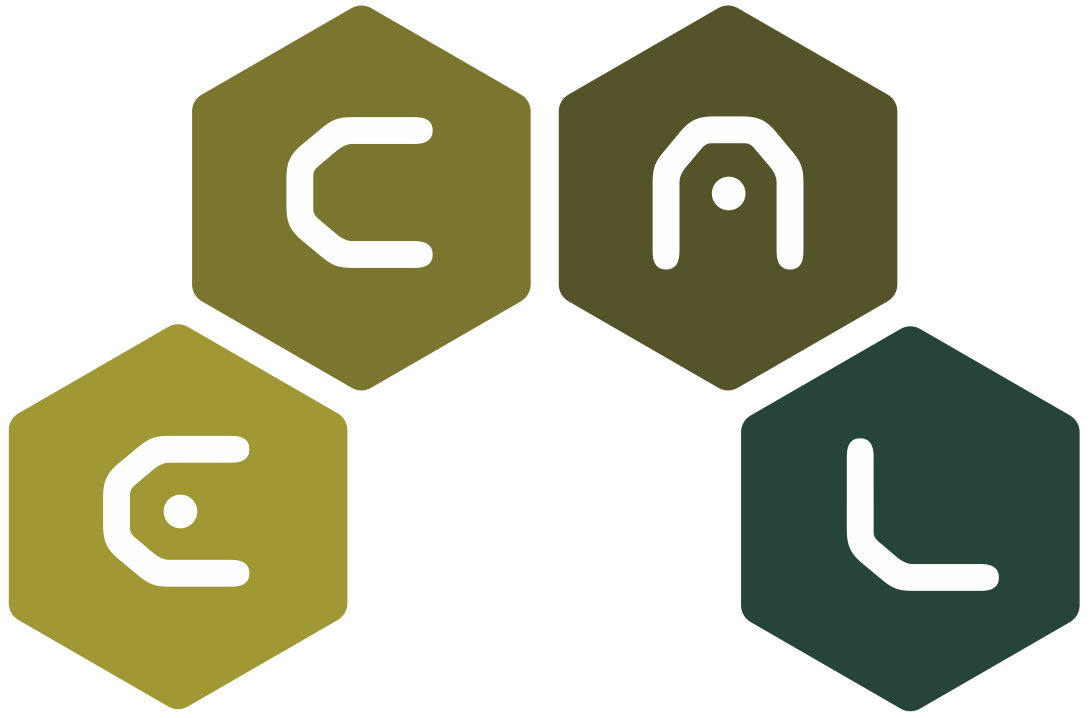Title
The Overshoot Curriculum: Artificial Life, Education and the Human Predicament

The Overshoot Curriculum: Artificial Life, Education and the Human Predicament
Download via this paper's page on the MIT Press ECAL 2015 Proceedings website.
It is well established in the scientific literature that global human civilization is in serious ecological trouble. The most comprehensive survey is perhaps that of the Planetary Boundaries framework (Rockstro ̈m et al., 2009). The unfolding of these challenges will, of course, be a very complex process; and some detailed impacts are certainly still open to significant human management and moderation. Nonetheless, it seems clear that we are no longer dealing with a “problem”, or even set of “problems”, that might be “solved”; rather, this is a predicament — an uncertain, dynamic, and at least partially chaotic, disruption in global human development (Gilding, 2012). A predicament calls not for “solution”, but for engagement, and continuous, long term, refinement of response. The purpose of this contribution is to propose a particular educational (curricular and pedagogic) response: one that specifically draws on the tools, techniques and understandings of the field of Artificial Life.
In recent decades, the mission of university education, at least in public universities, has become progressively identified simply with the direct support of economic development in its sponsoring regional community. That is, its primary role is to provide graduates with just the knowledge and skills most immediately aligned with the preceived needs of the regional economy. There is a perfectly clear logic and rationale to this development; but in a world faced with global ecological disruption, within the lifetimes of current students, this is neither an honest nor even an effective preparation for the challenges which they will face. Moreover, given that even limited moderation of the impending impacts of ecological limits will rely on the widest societal understanding and deeply informed and engaged leadership at all levels, it is arguable that universities have an immediate, and potentially decisive role to play in communicating the realities of the current global ecological situation.
And so, to Artificial Life; or more precisely, to Artificial Ecology. The use of computational tools to model complex biological, evolutionary, ecological and social dynamics is a foundational technique in the ALife field. Indeed, computational thinking and modelling was at the heart of the systems dynamics approach to socio-ecological modelling pioneered by Forrester (1982). This provided the basis for the famous (or infamous?) Limits to Growth (LTG) project of the Club of Rome (Meadows et al., 1972). This was the first substantive attempt to computationally model the socio-ecological dynamics of global human society and assess whether ecological impacts would be likely to limit the growth of human material activities within any practically foreseeable timeframe. While the model was necessarily crude, the robust result was that — in the absence of effective control measures to the contrary — serious limits would become apparent within the first half of the 21st century. In the 40 years since, the world has tracked remarkably close to the “standard run” of the LTG study (Turner, 2014). In fact, multiple lines of investigation now strongly suggest not just that aggregate human activity is approaching ecological limits, but that it has already reached a state of significant overshoot beyond those limits. Overshoot is a qualitatively distinct regime for the design and operation of any adaptive or mitigating interventions (Catton, 1982). Effective societal responses to date have been significantly impaired by a lack of wide understanding of this harsh ecological reality. This gap in understanding facilitates the comforting — but erroneous — notion that it is prudent to delay difficult responses until after impacts are manifest. But delay is precisely one of the principle mechanisms that actually causes overshoot, and undermines the capability to damp the subsequent “crash”.
Accordingly, it is suggested that there is now a clear need to develop what is here termed an overshoot curriculum, and to integrate this with formation of graduates in all disciplines. Further, a key pedagogical technique in delivering such a curriculum will be the systematic use of computational model ecologies. The Alife community is therefore uniquely positioned to contribute to this radical reform of higher education to meet what are, without exaggeration, the most profound challenges in the history of human civilization.